British history is filled with quirky events, odd traditions, and surprising facts that often go unnoticed in the broader narratives. For example, we have countless bizarre laws, unexpected royal mishaps, and other lesser-known details that capture the more amusing side of Britain’s past. So, to brush up on the amusing side of our history, check out this list of amusing British historical facts.
The Great Emu War

Did you know that, back in 1932, British soldiers in Australia were tasked with battling emus that were damaging crops? Despite their military training, the emus outmaneuvered the troops, leading to a rather embarrassing defeat for the soldiers. As Britannica shares, this strange conflict, dubbed the Great Emu War, ended with the emus being declared the winners, to everyone’s bewilderment.
The Tower of London’s Polar Bear
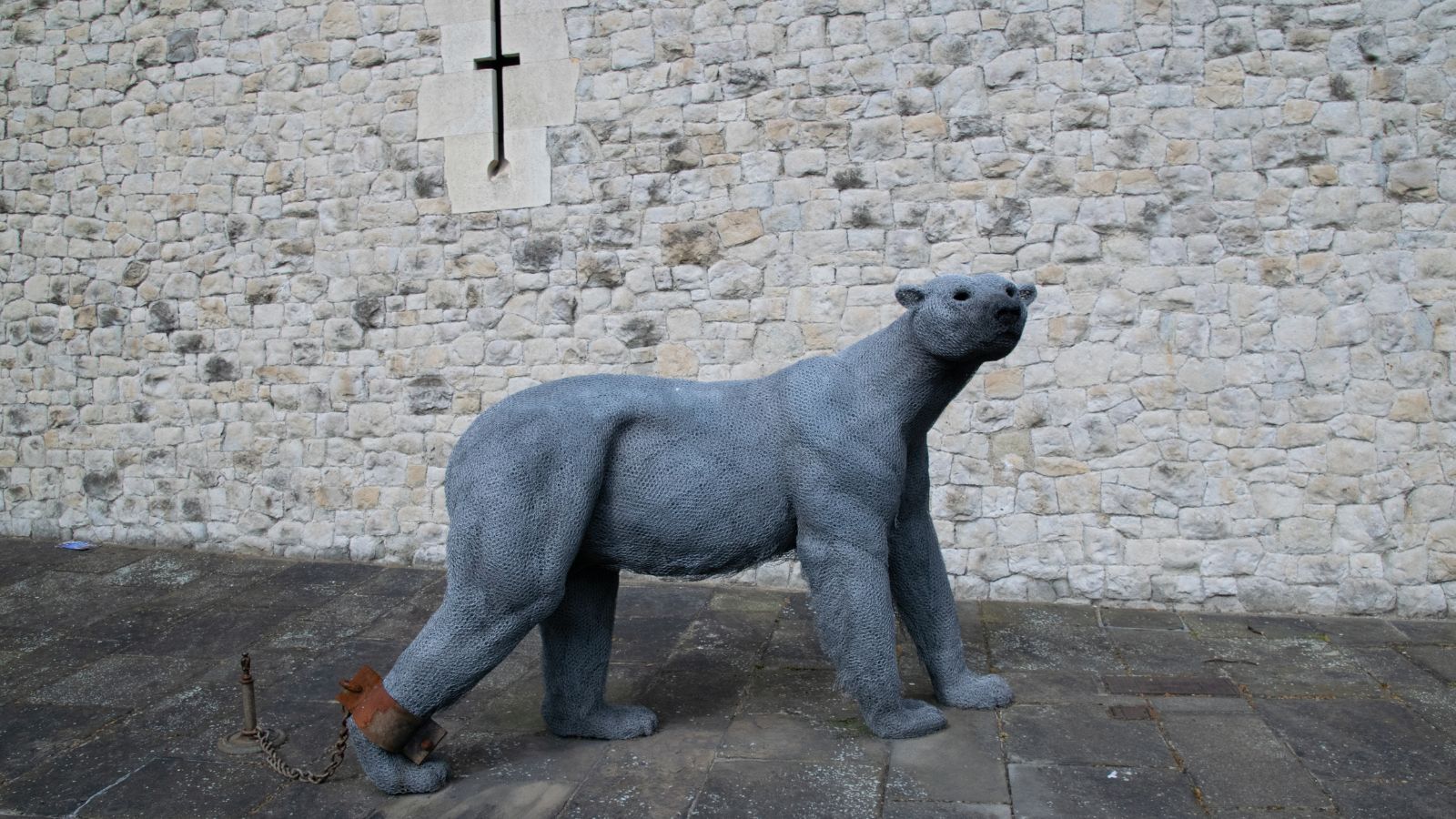
Everyone knows how important the Tower of London is and always has been, but few realize that in the 13th century, it actually contained a polar bear. That’s right–King Henry III received a polar bear as a gift from the King of Norway, which was kept at the Tower of London and allowed to swim in the Thames, tethered by a long chain. It became a popular attraction for curious Londoners; can you imagine if such an attraction still existed today!?
Queen Victoria Survived Seven Assassination Attempts
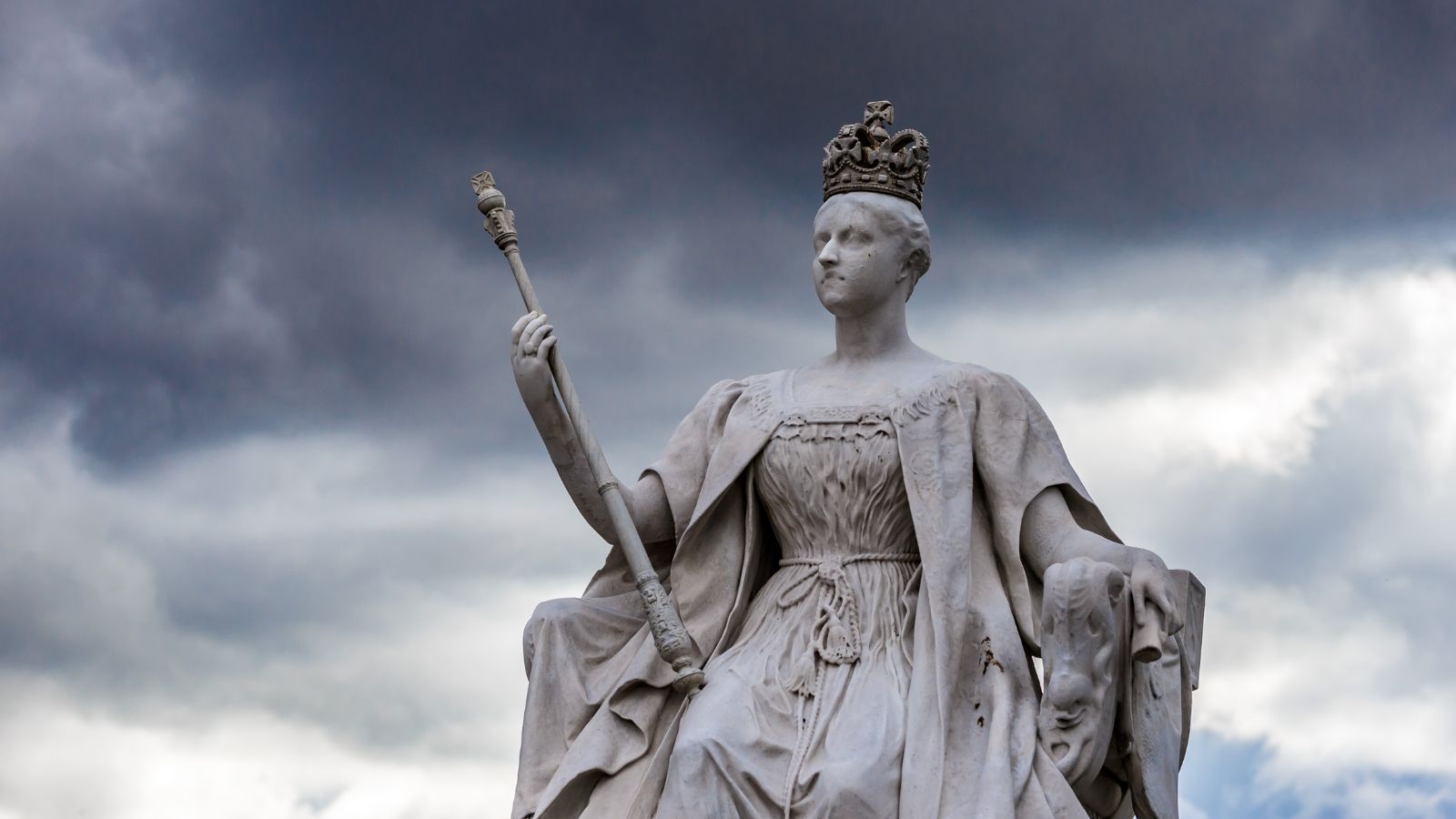
Only true royalists know that, despite her long reign, Queen Victoria faced seven assassination attempts by various individuals. Remarkably, she escaped unscathed each time, displaying a resilient spirit. These repeated threats never deterred her from public appearances, showcasing her strong commitment to her role as monarch.
The Accidental Discovery of Penicillin

OK, this one probably isn’t so unknown, but it’s certainly fascinating! Penicillin, the world’s first antibiotic, was discovered by accident in 1928 by Scottish scientist Alexander Fleming. He returned from holiday to find that a mold, which had accidentally contaminated one of his Petri dishes, had killed the surrounding bacteria. This fortunate mistake revolutionized medicine.
The Time Big Ben Was Silenced by Snow
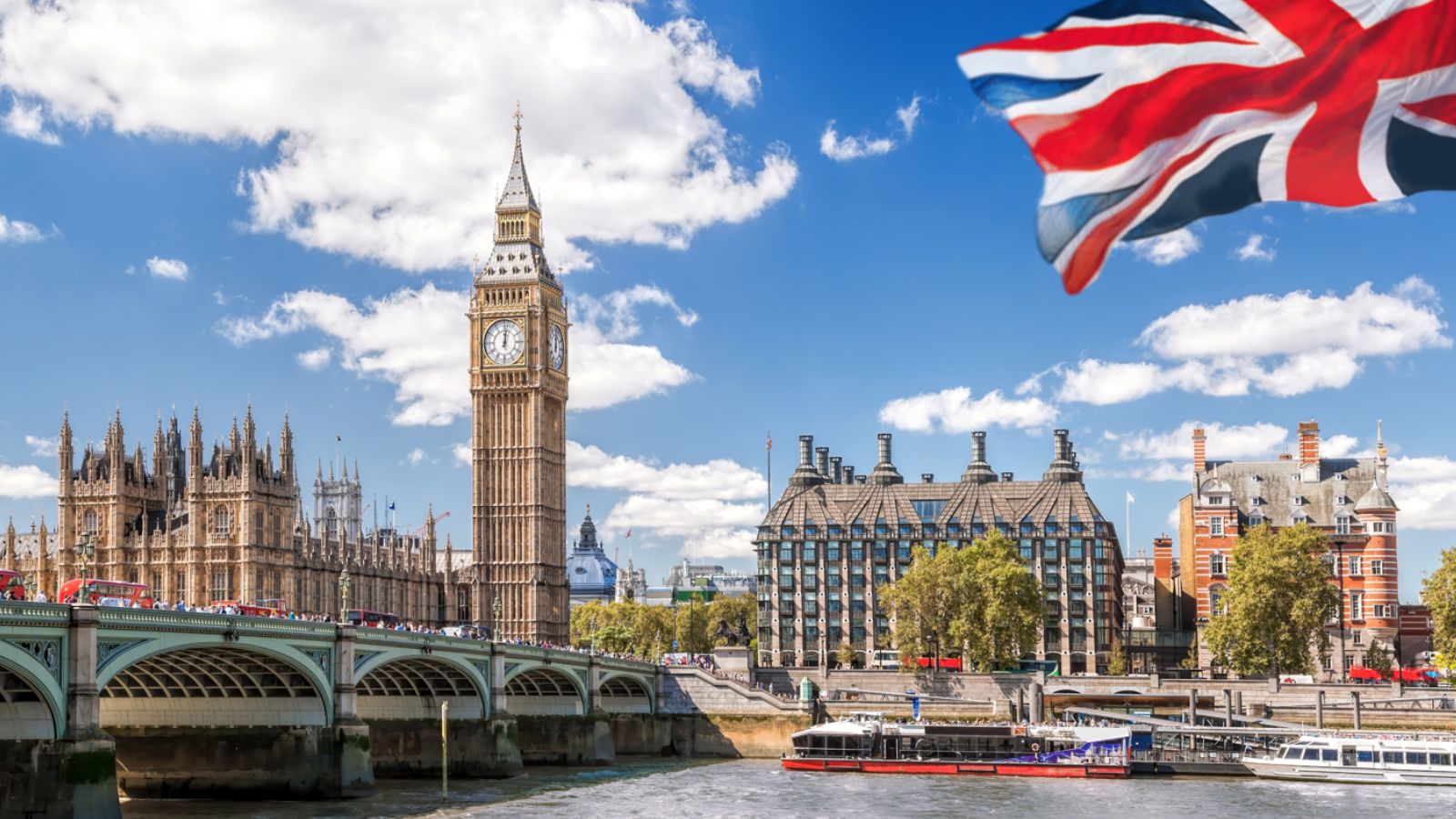
Not too long ago, in 1962, Big Ben’s clock hands were stopped by heavy snowfall, causing a rare moment of silence for the iconic chimes. The buildup of snow on the clock mechanism was enough to temporarily halt the famous clock, leading to an unusual quiet around the Houses of Parliament.
A King’s Corpse Used as a Cannonball
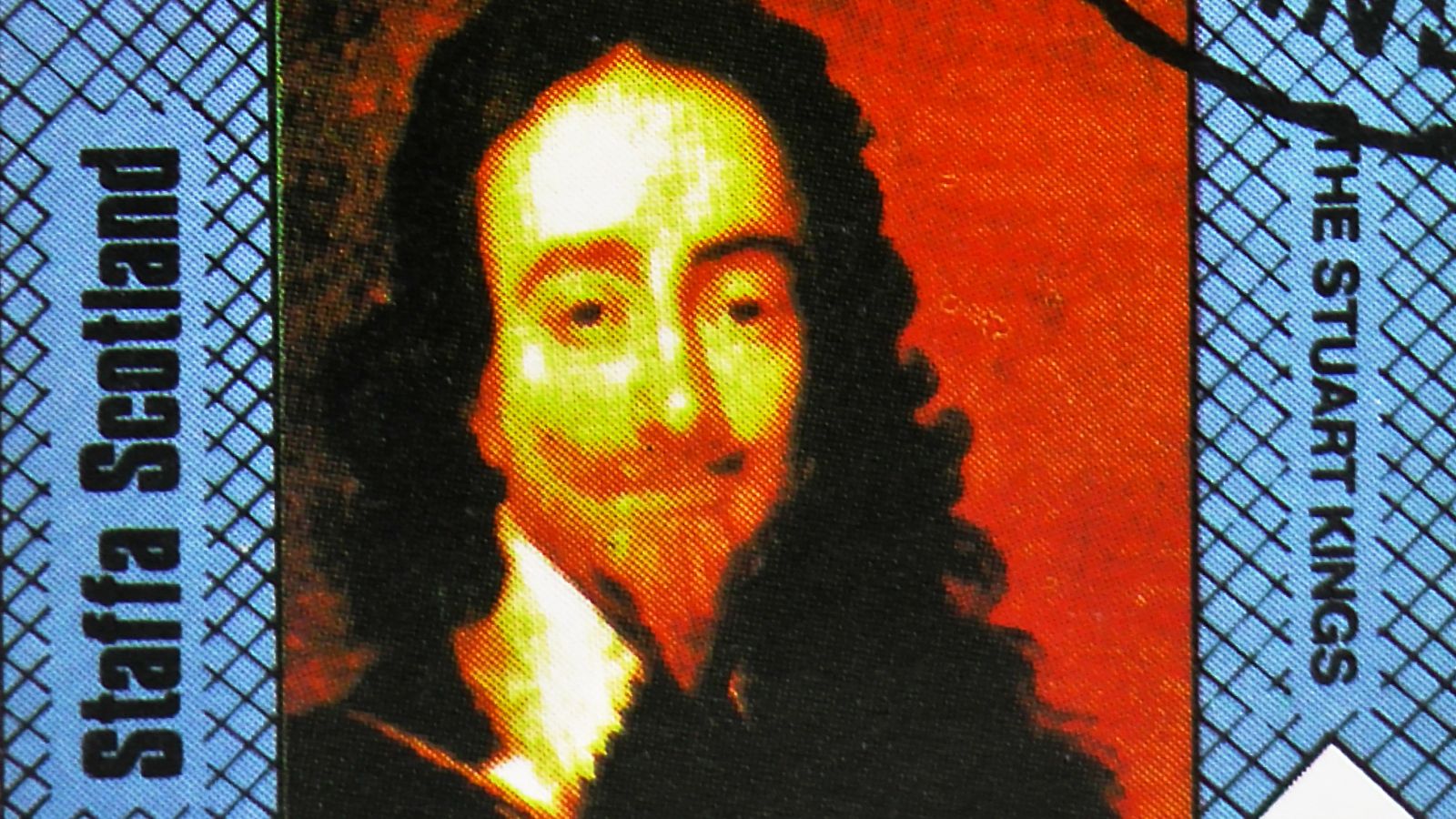
During the English Civil War, the body of King Charles I was exhumed by Royalists to prevent it from falling into enemy hands. Stranger still, it was then used as a makeshift cannonball against the Parliamentarian forces! This bizarre event was part of the intense and brutal conflict of the era and certainly couldn’t happen today.
The Origin of the V Sign

Few Brits realize that the V sign, often used as a symbol of victory or peace, has its roots in British history. It’s said to have originated during the Hundred Years’ War when English archers taunted the French by showing their fingers, which were vital for drawing bows. Losing these fingers meant they could no longer shoot, which wasn’t ideal.
A Ban on Christmas Pudding
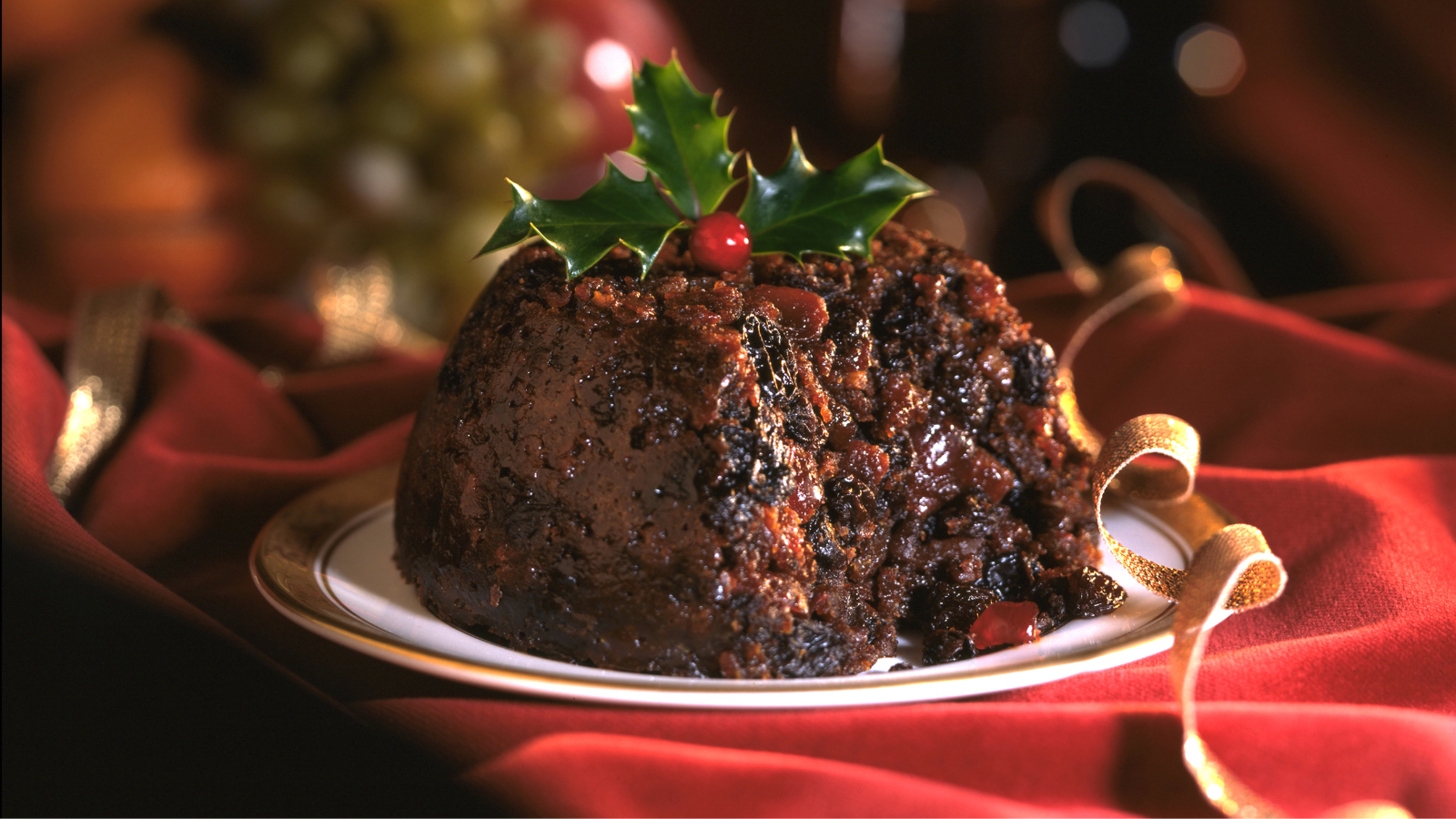
Throughout Oliver Cromwell’s rule in the 17th century, Christmas celebrations, including the eating of Christmas pudding, were banned for being too indulgent and linked to pagan traditions. This Puritan crackdown on festivities led to a more somber holiday season until the monarchy was restored and Christmas cheer returned. Thank goodness for that!
The Cheese Rolling Tradition

Here’s a fun fact about the UK that still reigns true to this day: every year, participants chase a large wheel of cheese down a steep hill in Gloucestershire, a tradition that dates back centuries. The event, known as the Cooper’s Hill Cheese-Rolling, often results in bumps and bruises as competitors tumble after the cheese. The winner gets to keep the cheese wheel, but is that really worth the life-threatening injuries?
The Great Stink of 1858
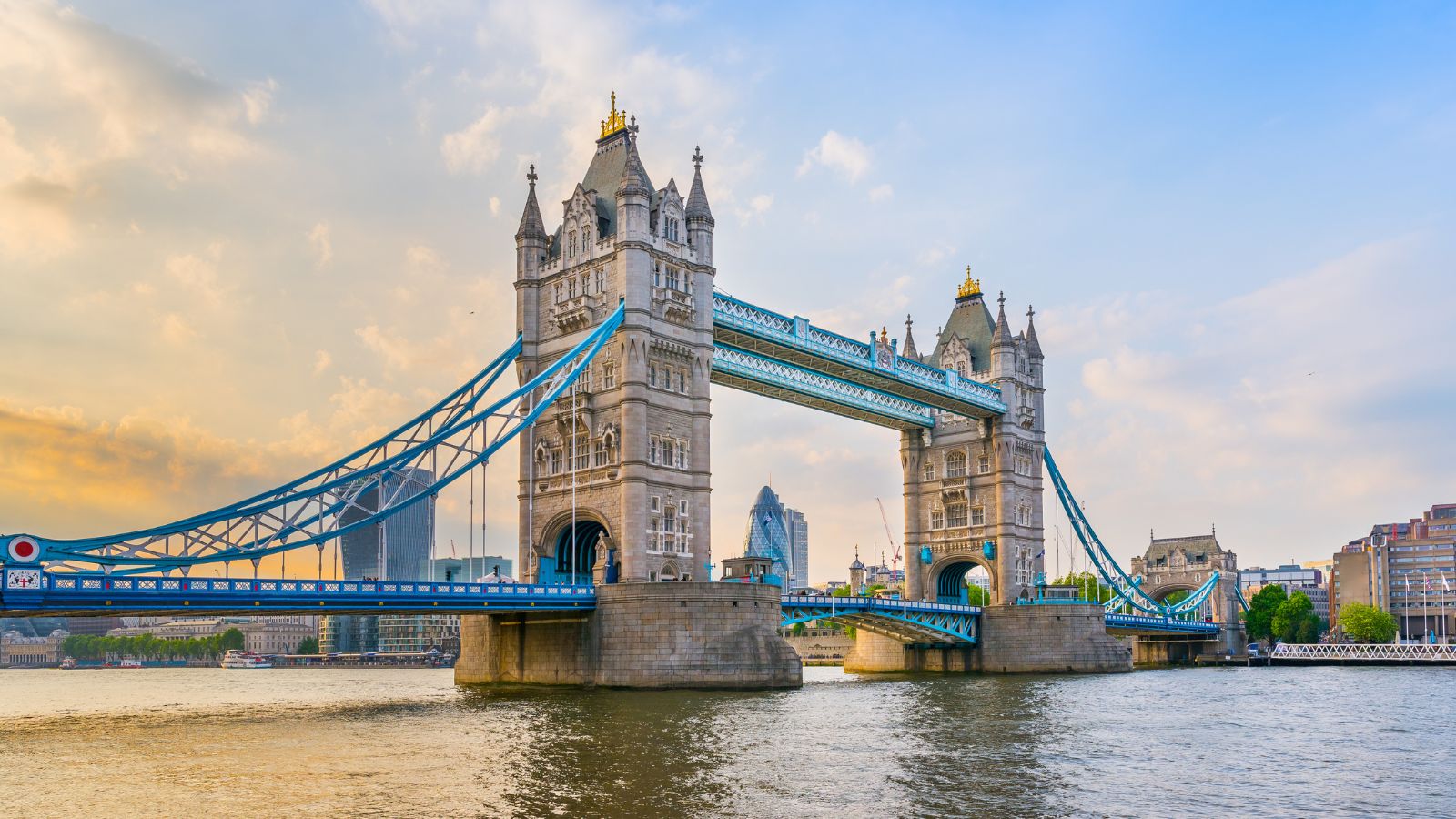
Amusingly, London’s River Thames became so polluted in 1858 that the stench was unbearable, even disrupting Parliament. The “Great Stink” prompted urgent reforms in the city’s sewage system, leading to the construction of the first modern sewers. This crisis highlighted the need for better sanitation in rapidly growing urban areas, and while it must have been horrendous at the time, it certainly proved to be a helpful event in hindsight.
Queen Elizabeth I’s Lead Makeup
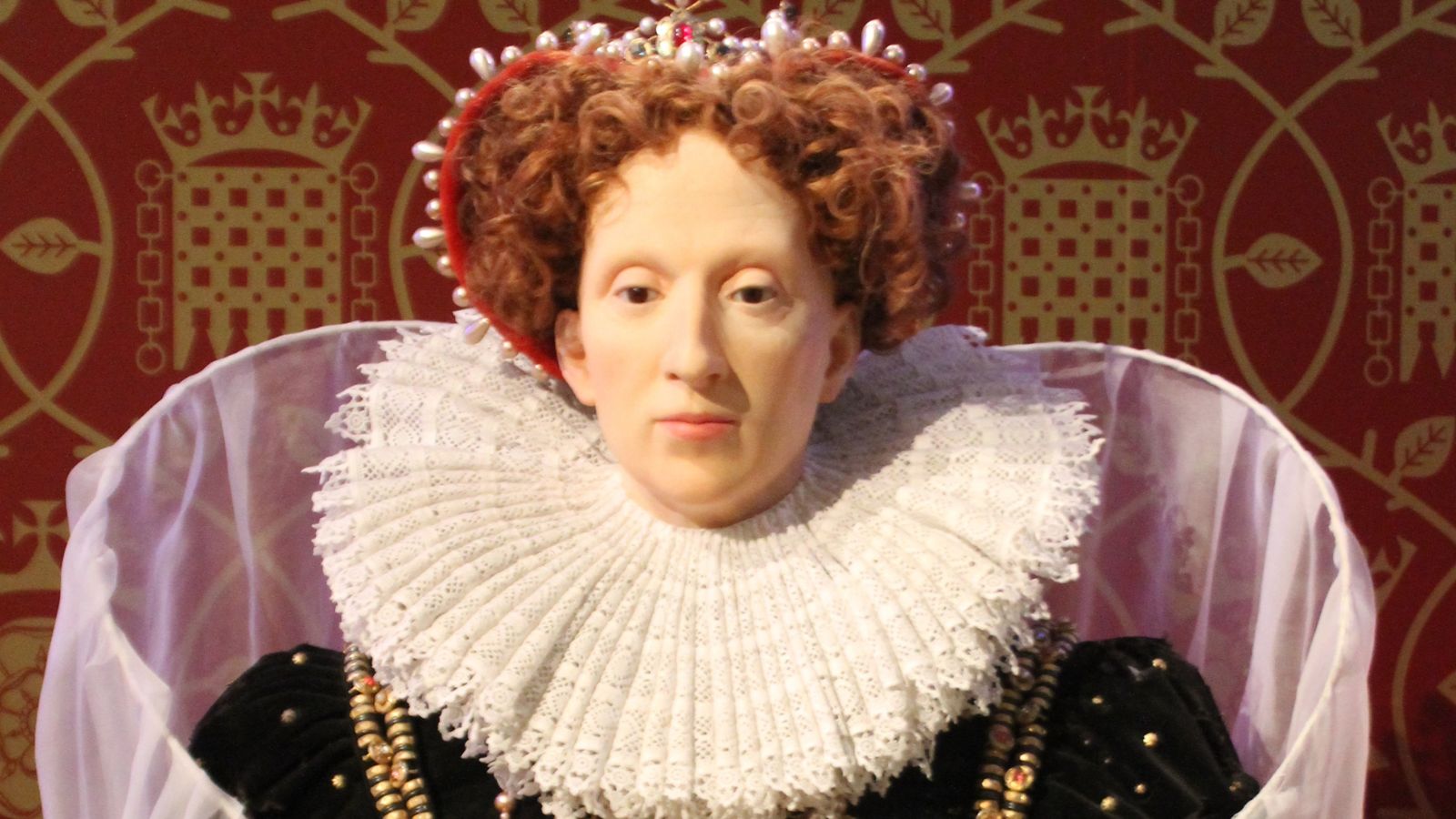
Another amusing fact about British history is that Queen Elizabeth I famously wore heavy white makeup, which actually contained lead! This toxic substance caused her skin to deteriorate over time, yet she continued to use it to maintain her image.
The Original London Bridge Is in Arizona
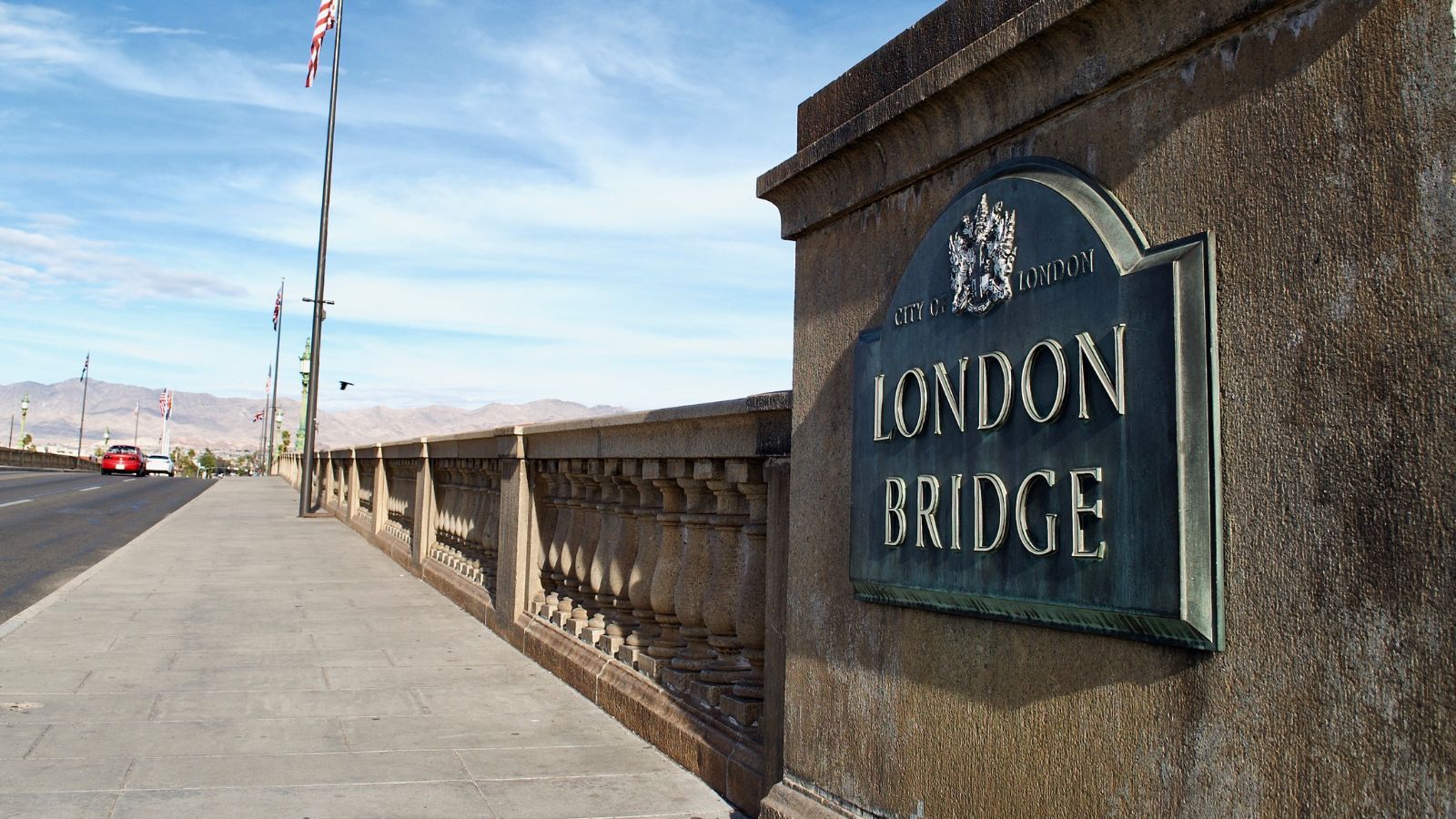
We bet you didn’t know that the original London Bridge, built in the 1830s, was dismantled in 1967 and sold to an American entrepreneur who reconstructed it in Lake Havasu City, Arizona. Many visitors mistakenly thought they were buying the more famous Tower Bridge, but the London Bridge remains a popular tourist attraction nonetheless.
The Lions of Trafalgar Square
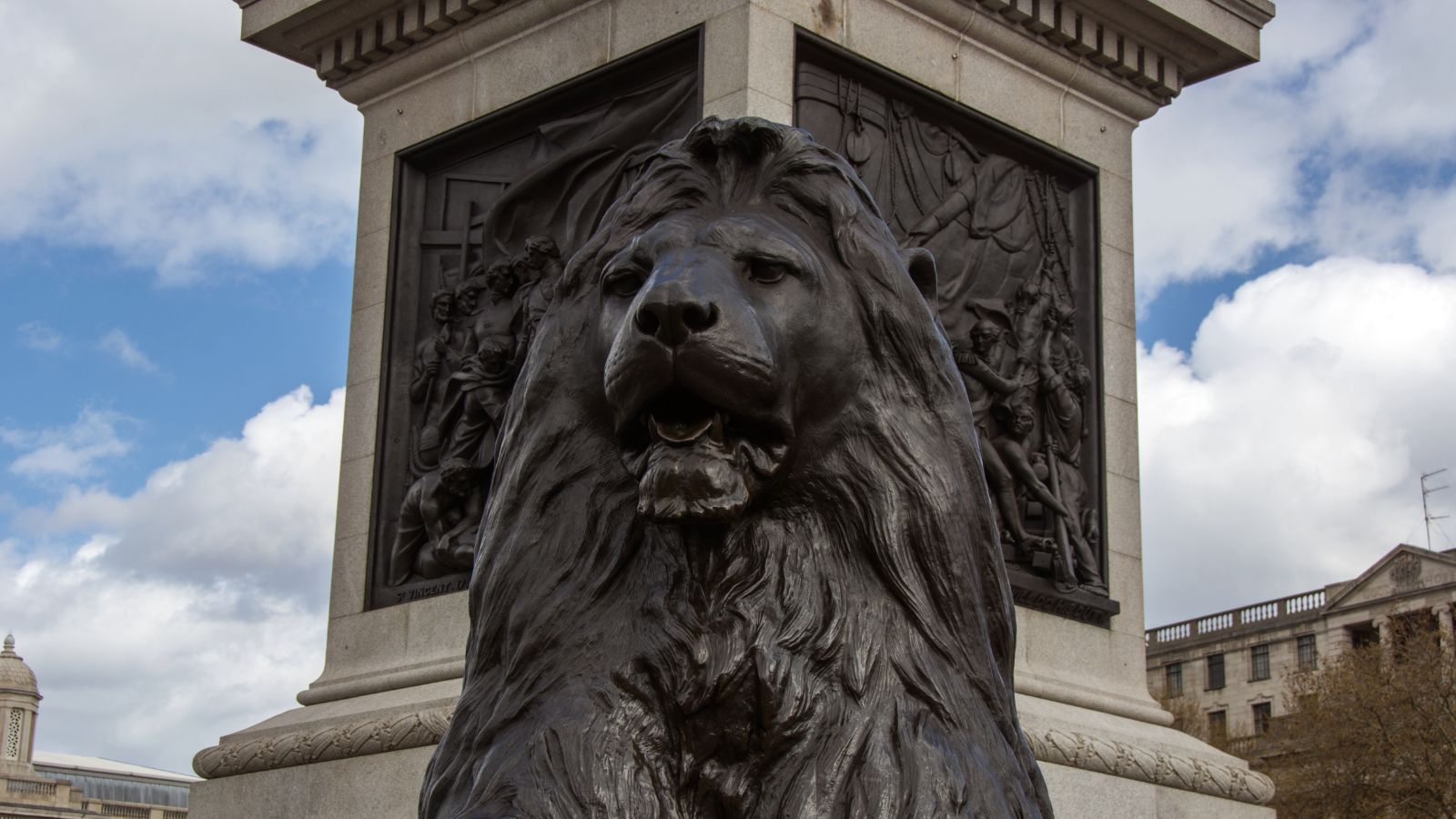
The four lions that guard Nelson’s Column in Trafalgar Square were not completed until 25 years after the column itself was erected. Created by artist Edwin Landseer, they were based on real lions he studied in London’s Zoo. Their distinctive look comes from a blend of natural observation and artistic license.
The World’s Oldest Football Club
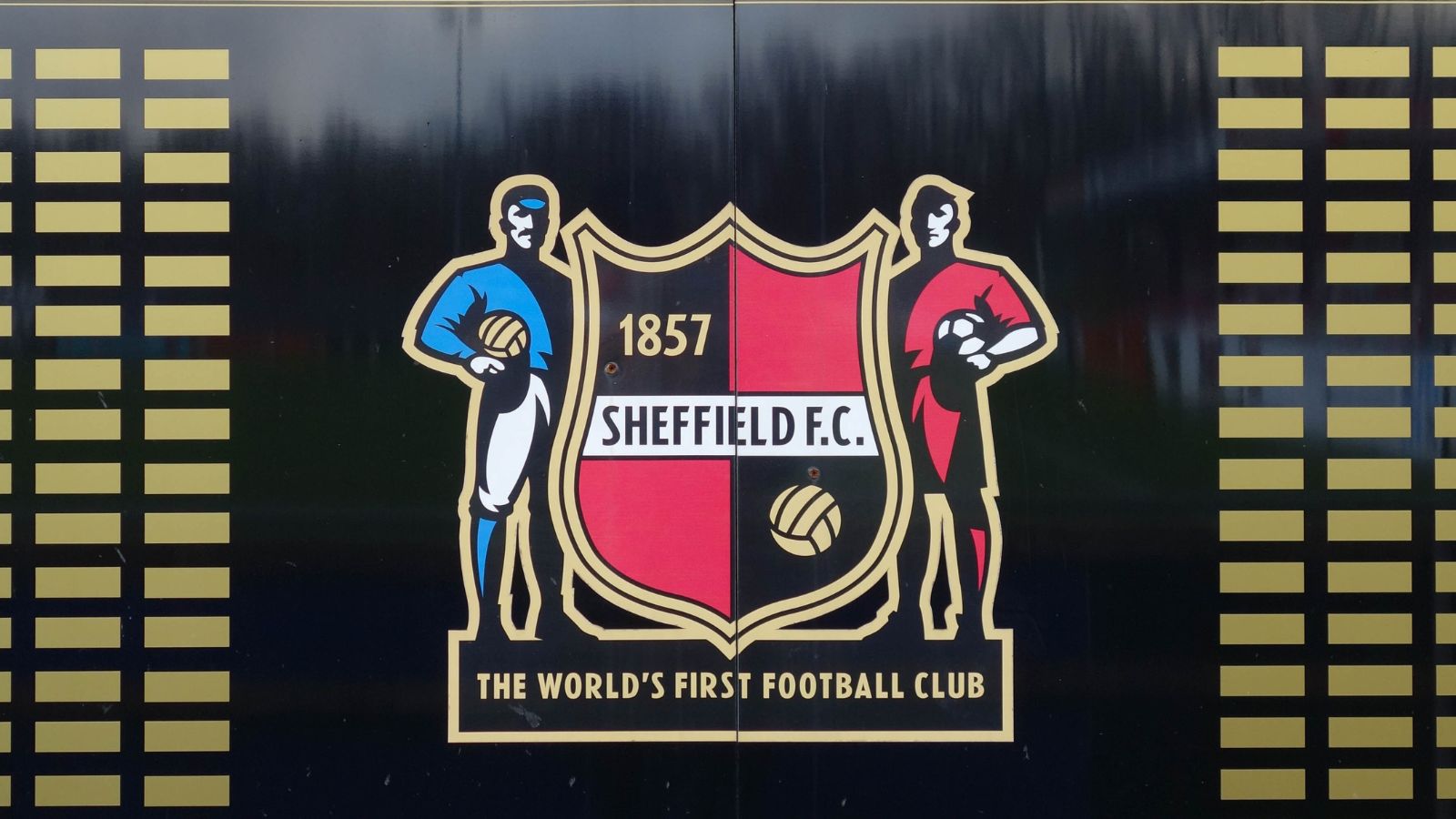
These days, Sheffield isn’t famous for much other than its steel production and, of course, Sheffield FC, founded in 1857. In fact, this club actually holds the title of the world’s oldest football club! It set many of the rules that shaped modern football, including the offside rule. Despite not playing in the top leagues, Sheffield FC’s legacy remains significant in the history of the sport.
The Pigeon that Became a War Hero

During World War II, a pigeon named G.I. Joe saved over 1,000 soldiers by delivering a crucial message that prevented a bombing raid. Awarded the Dickin Medal, the highest honor for animals in military service, G.I. Joe’s bravery exemplifies the unexpected ways animals contributed to the war effort. Remember that next time, you consider pigeons to be pests.
The Time Britain Was Outlawed from the Olympics

Not many people remember how, back in 1920, Germany and its allies were banned from the Olympics due to their role in World War I. This exclusion also briefly affected the UK in later years, as hostilities and reparations influenced international relations.
The Royal Navy’s Rum Ration
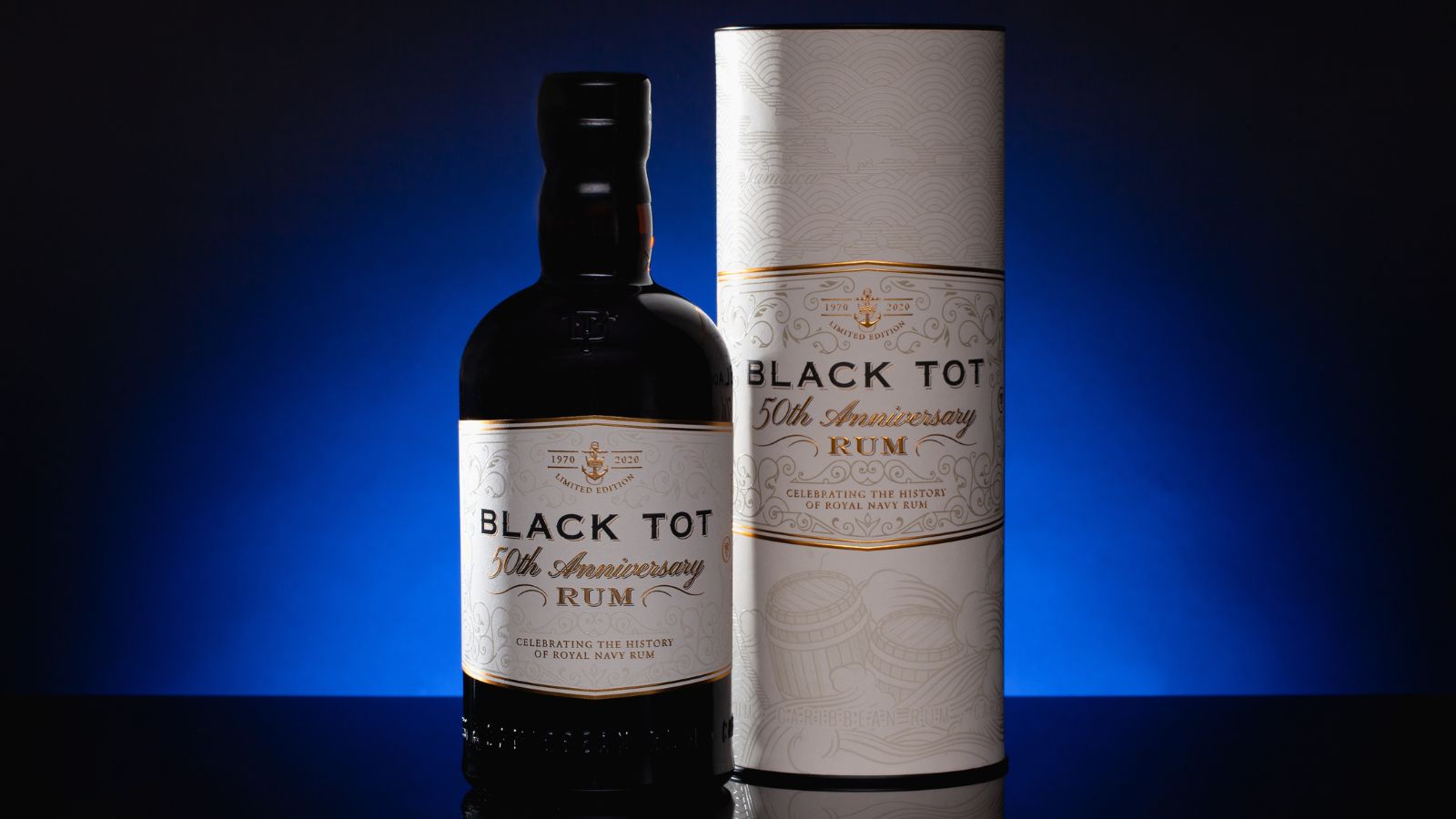
Up until 1970, sailors in the Royal Navy were given a daily ration of rum, known as the “tot.” This tradition dates back to the 17th century but was discontinued over concerns about operational safety. The last day of the rum ration, known as “Black Tot Day,” marked the end of a boozy era.
The Great Fire of London Was Started by a Bakery
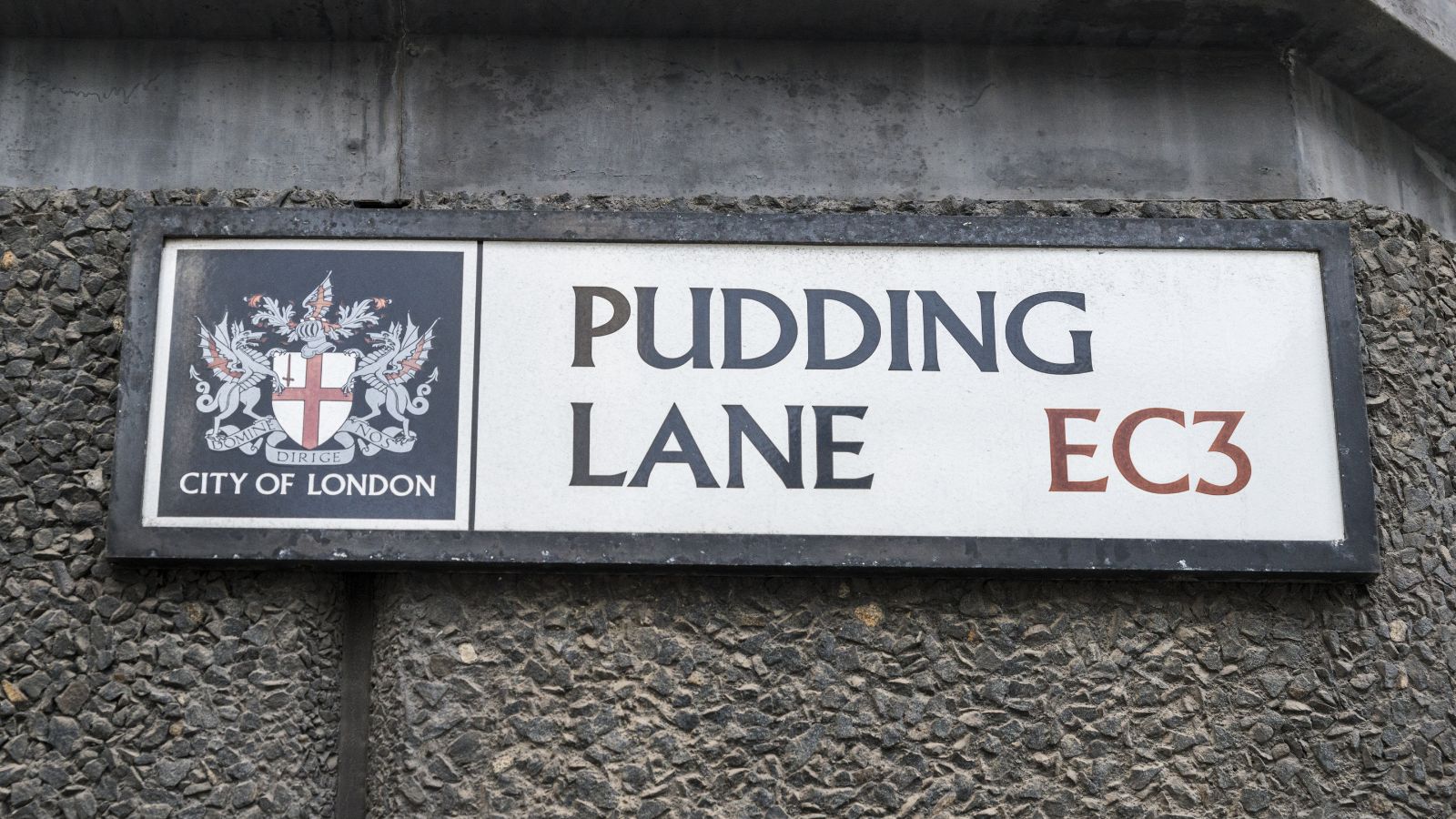
Everyone knows about the Great Fire of London in 1666, but did you know it began in a small bakery on Pudding Lane? The fire quickly spread, fueled by wooden buildings and narrow streets, devastating much of the city. Despite the destruction, the fire led to significant urban improvements, including wider streets and better building materials, so it was all for the best, just like the “The Great Stink of 1858.”
The Puritans Banned Mince Pies

Not only was Christmas Pudding banned at one point, but during the 17th century, mince pies were also banned by the Puritans because they were considered a symbol of gluttony and associated with Christmas, which they viewed as a sinful holiday. This ban was part of a broader attempt to suppress what were seen as excesses during religious celebrations. Thankfully, they’re as popular as ever these days.
The English King Who Banned Football

Finally, did you know that in 1314, King Edward II banned football in London because it was causing too much chaos? The early form of the game was rowdy, often involving large crowds and leading to public disorder. Despite the ban, the popularity of football continued to grow, eventually becoming England’s national sport. However, we can all agree that games still get incredibly rowdy to this day!

